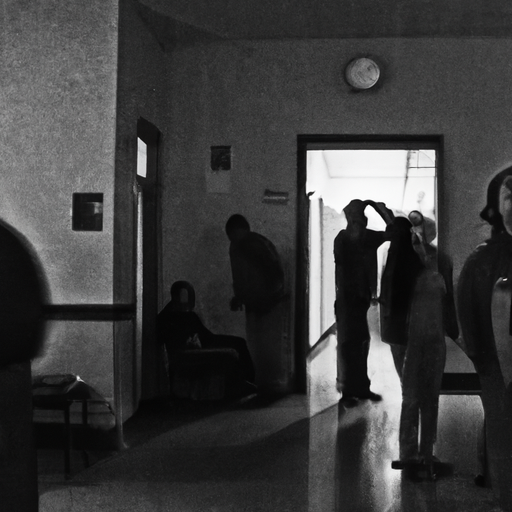The Ongoing Opioid Crisis: A Deep Dive Into the Effect on the Piikani Nation
In a recent news article published on MSN, the disconcerting effects of the nationwide opioid crisis have been underscored, showcasing the immense challenges faced by marginalized communities, specifically the Piikani Nation.
The Impact of the Opioid Crisis on Piikani Nation
According to the report, an increasing number of people, specifically within the Piikani Nation, are falling victim to this all-consuming public-health crisis. The urgency of the situation is hard to deny, with the community declaring a state of emergency due to multiple opioid-related deaths and overdoses. The opioid crisis further fuels an increase in homelessness, crime rates, and the need for community support.
Opioid Crisis Invites Crime and Legal Ramifications
In an alarming development reported in the news piece, a woman was arrested for drug trafficking and the possession of drugs on the Piikani Nation. This highlights how the opioid crisis acts as a catalyst for crime, causing further destabilization and insecurity within already vulnerable communities.
Combatting the Crisis: Measures in Play, Areas for Improvement
The authorities have taken some notable steps to tackle the situation, including the implementation of crime reduction units and community engagement. They have also increased the availability of naloxone, a medication designed to rapidly reverse opioid overdose, as part of the harm reduction strategy to combat the opioid crisis.
However, while these initiatives are commendable, there remains an urgent call for a holistic approach to the crisis, including education on substance abuse and rehabilitative programs in addition to law enforcement efforts.
Here are some key points noted in the report:
- The opioid crisis continues to wreak havoc within marginalized communities, with the Piikani Nation experiencing high rates of opioid-related deaths and overdoses.
- Homelessness and crime, particularly drug trafficking, are exacerbated by the opioid crisis, leading to a monumental societal challenge.
- Authorities are implementing harm reduction strategies, increase in naloxone availability, and crime reduction units, but a broadened approach is necessary to efficiently tackle the situation.
Although this report focuses on the Piikani Nation, the opioid crisis is a pressing issue across Canada, warranting comprehensive and nuanced solutions.
Conclusion
In closing, this MSN report serves as a somber reminder of the complexities surrounding the opioid crisis. The ramifications of this crisis include not just the fatal overdoses and increased drug dependencies – its effects permeate into social issues such as homelessness and crime, particularly in marginalized communities.
The authorities’ current focus on harm reduction and law enforcement is noteworthy. However, this should be further expanded to include a mix of preventative education, accessible healthcare services for addiction and mental health, and wide-ranging social support programs.
The opioid crisis is not a standalone issue but a systemic one that demands a comprehensive reflexion. It’s our collective responsibility to stay informed, involved and proactive in advocating for effective policies and interventions to stem the tide of this devastating crisis.


